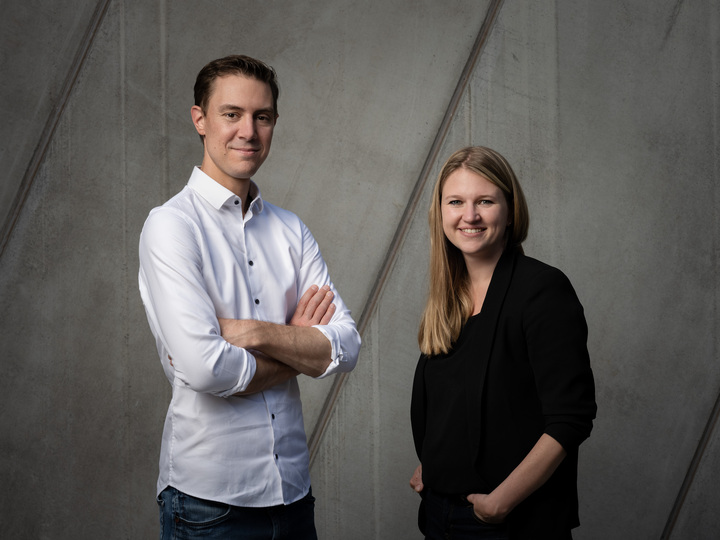The startup ecosystem in central eastern Europe is maturing — and the local venture market needs to keep up, or risk missing out on some big wins.
CEE investment has historically been concentrated at the early stage. That’s now changing; fast-growing startups are raising sizeable later-stage rounds — take the $30m Series A of Latvian robot-maker Aerones, the $70m Series B of Polish crypto payment startup Ramp or the $185m Series C of Czech hospitality SaaS Mews — but they’re often being led by VCs based outside of the region.
VCs from CEE are now trying to pull together bigger funds to back growth-stage companies. Poland’s OTB Ventures has raised €140m to back Series A deeptech companies, bValue VC is now also investing in growth stage with its €100m fund and Orbit Capital is raising a €200m growth stage fund — which would be CEE’s largest.
“The market is rapidly maturing,” says Patric Gresko, head of division at the European Investment Fund, a fund-of-funds, in reference to Poland, the region's largest economy.
“Very quickly, we'll come to a situation where we realise that there might be a scarcity of local players that are able to lead those later stage financing rounds. We should start thinking about how this ecosystem could be populated with players more focused on later-stage financing."
Market niche
In the recent years, investors in the region have been very active at early-stage. In the last few years, Poland alone has seen about a dozen rounds at Series A or above every quarter, according to a recent PFR Ventures report.
And many of those companies will be looking for growth capital soon.
“There's almost a tsunami wave [of startups] coming up with all this money that was invested before in the early stage. That's all converting now into the later stage,” says Wiktor Namysł, general partner at Prague and Warsaw-based Orbit Capital. “We see really great companies banging on our door now for growth funding.”
Marcin Hejka, general partner at OTB Ventures, says this is true of his portfolio too; in 2022, Polish-Finnish spacetech Iceye raised a $136m Series D, Polish fintech Silent Eight scored a $40m Series B and Lithuanian fintech kevin raised a €62m Series A.
“It shows the increasing maturity of the CEE tech ecosystem, which has a large pool of highly skilled engineering and software talent and is increasingly recognised as a top location for developing world-class deeptech and software products,” he says.
Alternative to ‘tourist’ funds
Namysł says Orbit can offer an alternative to so-called “tourist” VCs from western Europe and the US.
Companies that want to expand globally from day one, like B2B software startups, will likely always seek investment from international VCs to help them with global expansion — but Orbit thinks it can play a kind of mediator role for the founders of these businesses, balancing their interests with those of their international VCs.
Orbit is also keen to invest in consumer-oriented companies, which are more focused on regional expansion — and are less likely to find investment from international VCs, says Namysł.
That local CEE edge is “a very, very unique proposition that nobody else, at least from my experience, actually can do for the companies in the region,” says Radovan Nesrsta, general partner at Orbit. “We actually know them [the companies], because we have been in the market for years, and we have seen those teams in the tough moments.”
Namysł adds: “For us, it’s a more informed decision to invest in those companies. And for them, the advantage of having us is that we don't treat them like some company from somewhere, one of the bets in the portfolio; we treat them as real partners who are on their boards, helping them through tough moments. We are much closer together.”
It’s all about the money
Raising these growth-stage funds in CEE is far from easy, though.
“I can confirm the trends in the economy: everything's taking longer than it used to,” says Nesrsta, speaking about fundraising.
Private LPs are hard to come by in CEE, which has traditionally seen very few insurance companies and pension funds investing in VCs.
Public funding has been making up the shortfall; growing from 25% to 40% between 2016-20. In the rest of Europe, it accounts for just 6% of VC funding, according to the CEE Startup Policy report.
However public institutions are overloaded with investment requests, says Namysł. “That's why everything takes a little bit longer now.”
The good news? Investors don’t question the logic behind Orbit’s fund, he says.
“There's an immediate opportunity now in the market, visible to every investor we talked to. There is no question about the niche.”



